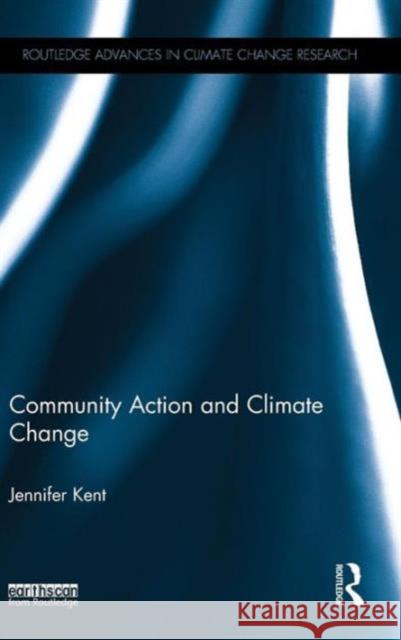Community Action and Climate Change » książka
Community Action and Climate Change
ISBN-13: 9781138920408 / Angielski / Twarda / 2015 / 174 str.
Community Action and Climate Change
ISBN-13: 9781138920408 / Angielski / Twarda / 2015 / 174 str.
(netto: 740,24 VAT: 5%)
Najniższa cena z 30 dni: 705,23
ok. 16-18 dni roboczych.
Darmowa dostawa!
The failure of recent international negotiations to progress global action on climate change has shifted attention to the emergence of grassroots sustainability initiatives. These civil society networks display the potential to implement social innovation and change processes from the 'bottom up'. Recent scholarship has sought to theorise grassroots community-based low carbon practices in terms of their sustainability transition potential. However there are few empirical examples that demonstrate the factors for success of community-based social innovations in achieving more widespread adoption outside of their local, sustainability 'niche'. The book seeks to address two significant gaps related to grassroots climate action: firstly the continuing dominance of the individualisation of responsibility for climate change action which presupposes that individuals hold both the ability and desire to shift their behaviours and lifestyle choices to align with a low carbon future. Secondly, the potential for community-based collectives to influence mainstream climate change governance, an area significantly under researched. Drawing on empirical research into Australian Climate Action Groups (CAGs) and related international research, the book argues that grassroots community-based collective action on climate change holds the key to broader social change. This book will be of great interest to students and scholars of climate change, citizen participation, environmental sociology and sustainable development.











